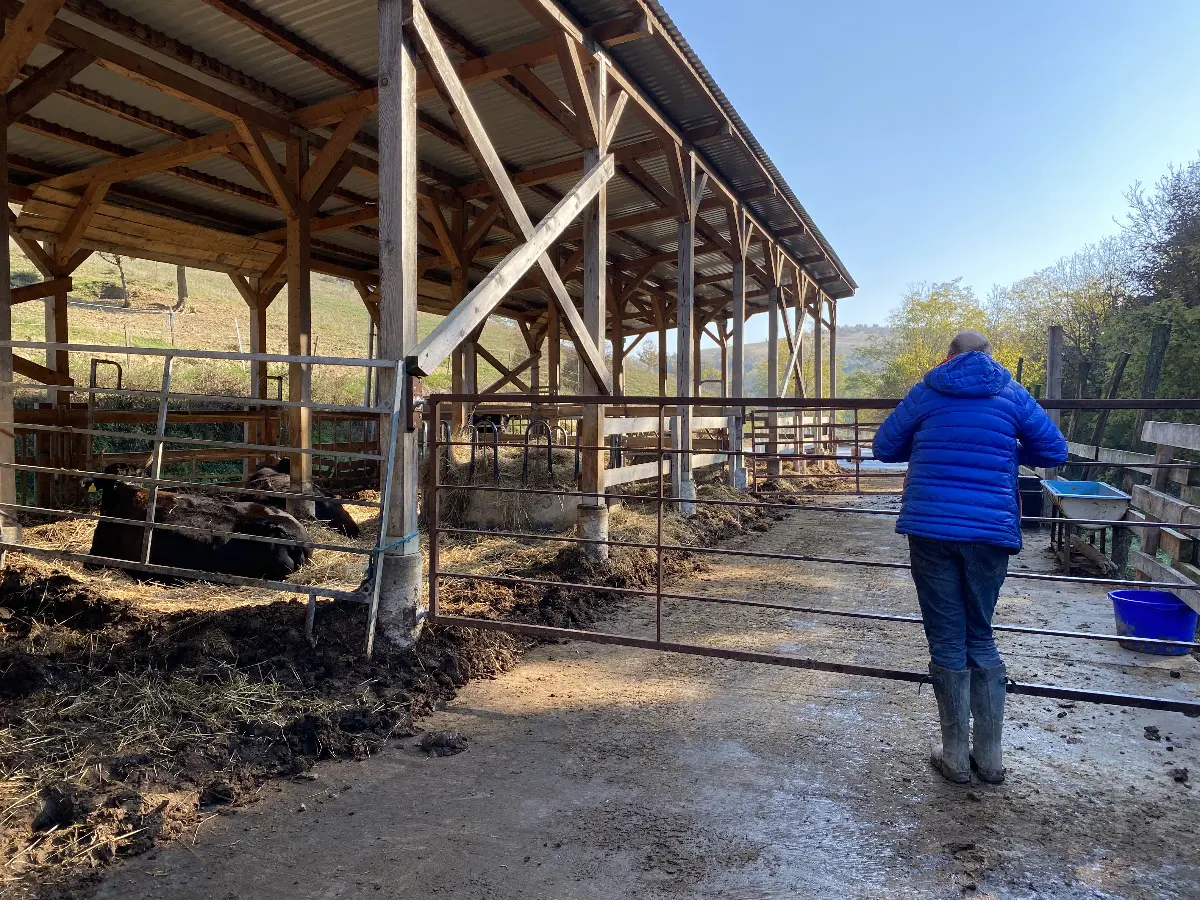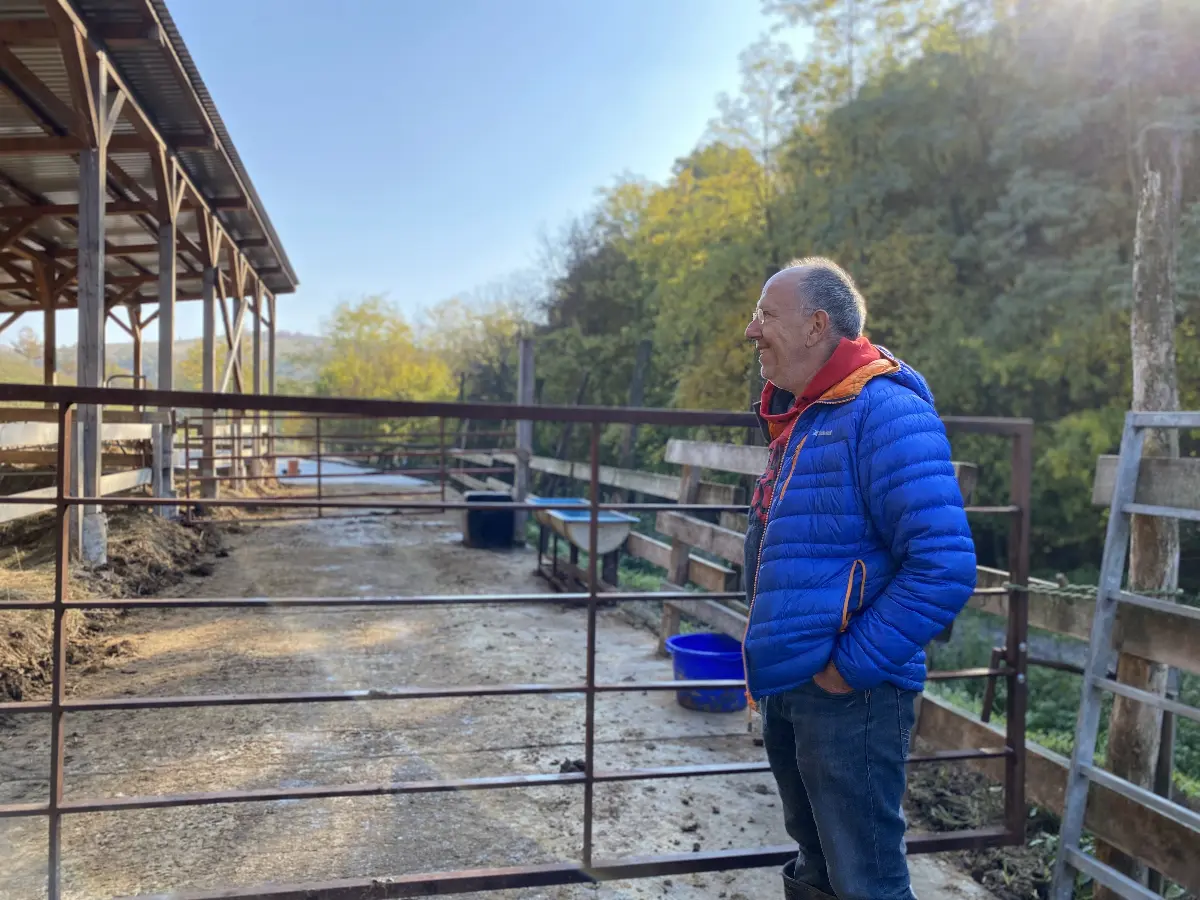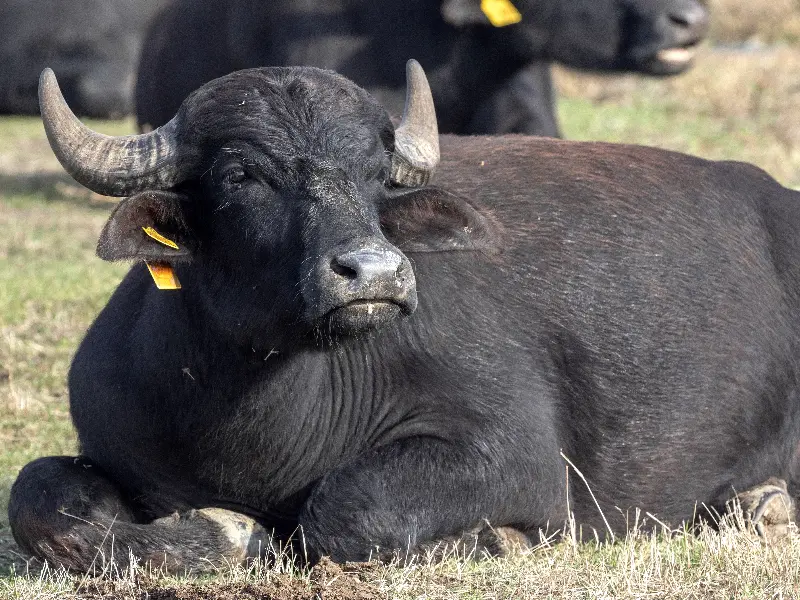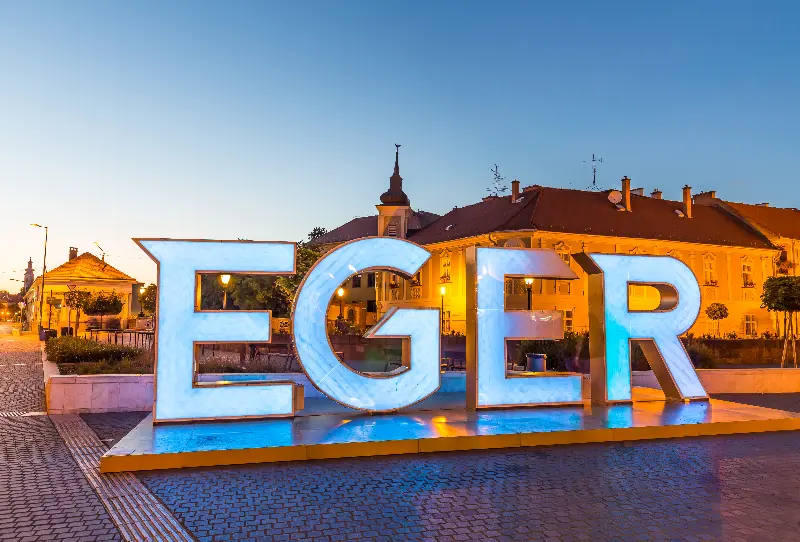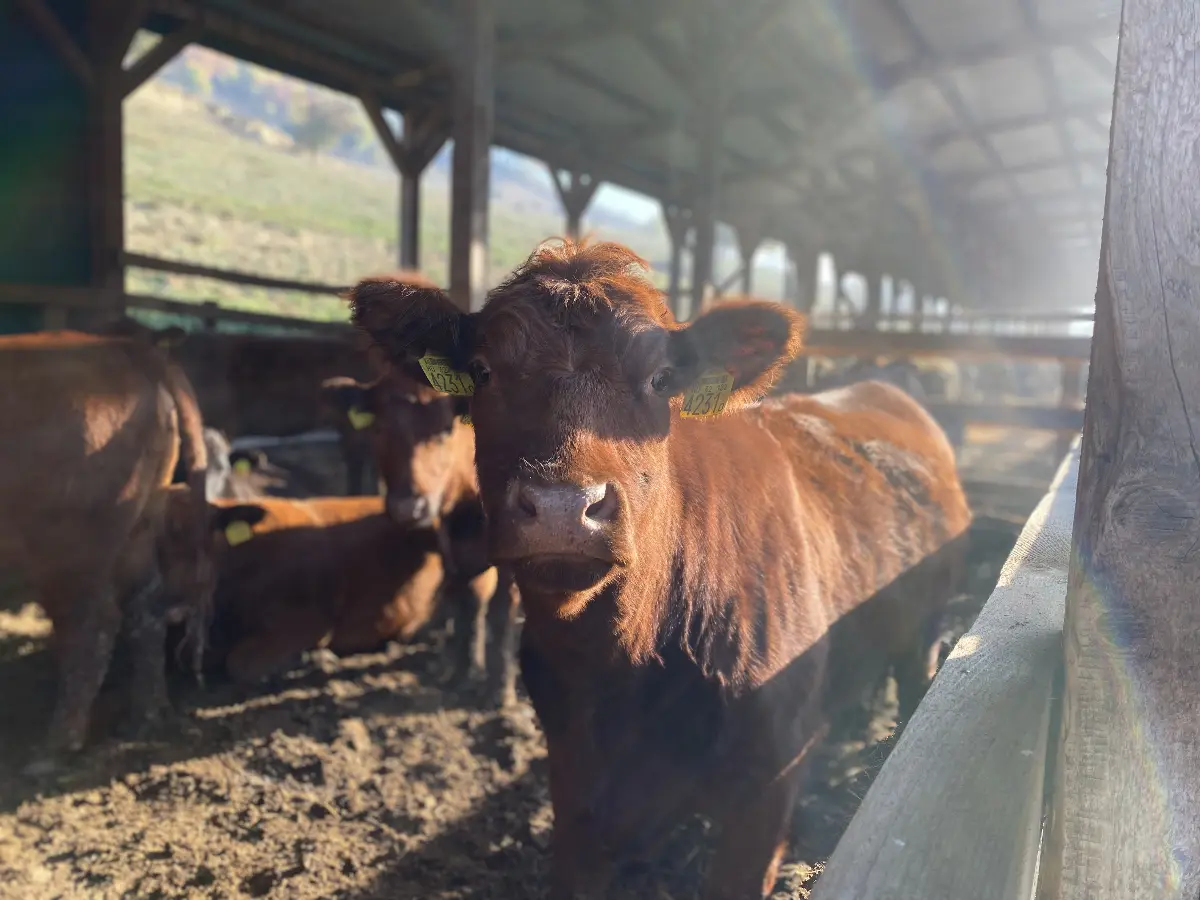
Helyszín címkék:
Law, graphic design studio, then Wagyu cattle breeding – interview with Mihály Zichy
Szabó Sára
He studied law, then he worked as an art director in a graphic design studio. How did he come up with the idea for investing in agriculture by doing a complete about-face?
Back in the day, I chose law to “gain” some more years until I decided what to do. Of course, as an intellectual challenge, I liked the college but I didn’t want to find employment in the job. After one year of teaching, I joined the team of my brother-in-law’s graphic design studio. We were building the enterprise for almost ten years when I started to be fed up with it. It started to frustrate me that there is a roof above my head all day. Sitting in front of the computer caused some type of inner tension in me, I wanted to escape. The final push was given by the global crisis in 2008. I decided to listen to my inner voice and leave the enterprise. Then I already knew that I would have liked to deal with agriculture, just I didn’t know exactly what with and where.
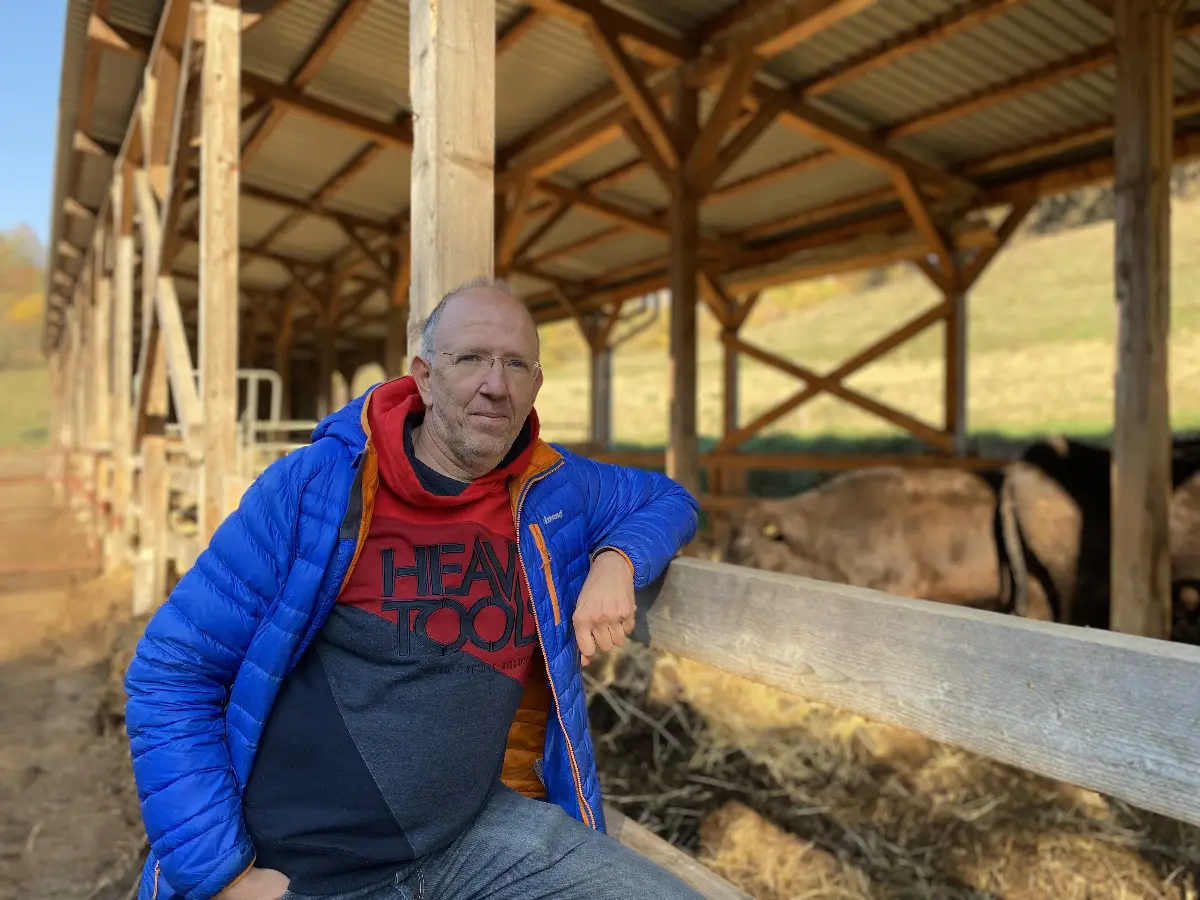
How did Wagyu get in the field of vision?
As gastro revolution was spreading, I also got more and more interested in culinary novelties. I was devouring the articles from ‘Bűvös Szakács’ (Magic Chef) where the lack of quality raw materials in Hungary was a recurring topic. Then I happened to see an article about Gerhard Zadrobilek bicycling racer who bought ten Canadian Wagyu embryos to his Austrian estate when he retired. I was enlightened: as I was reading my own story.
How did the most noble Japanese cattle to the Zichy estate of Ófalu in Baranya. Tell me about the beginnings!
As I had the conception, I ordered 50 Wagyu Black embryos from Australia. I didn’t find surrogate mothers for them in Hungary, so with the help of Tibor Zubor, a cattle embryologist from Pécs, we implanted the purchased embryos into beef heifers on Slovak site. 28 black calves were born from the experiment who arrived in the estate of Ófalu in 2011.
A kilo of Wagyu beef is worth almost 50 thousand forints. Why is this product so special?
The meat of the originally draught Wagyu cattle is unique, because it is able to homogeneously store fat reserves of low melting point but with higher level of oleic acid among muscle cells — similarly to mangalitza.
Wagyu remains butter soft even after roasting which gives such a bite experience as fish.
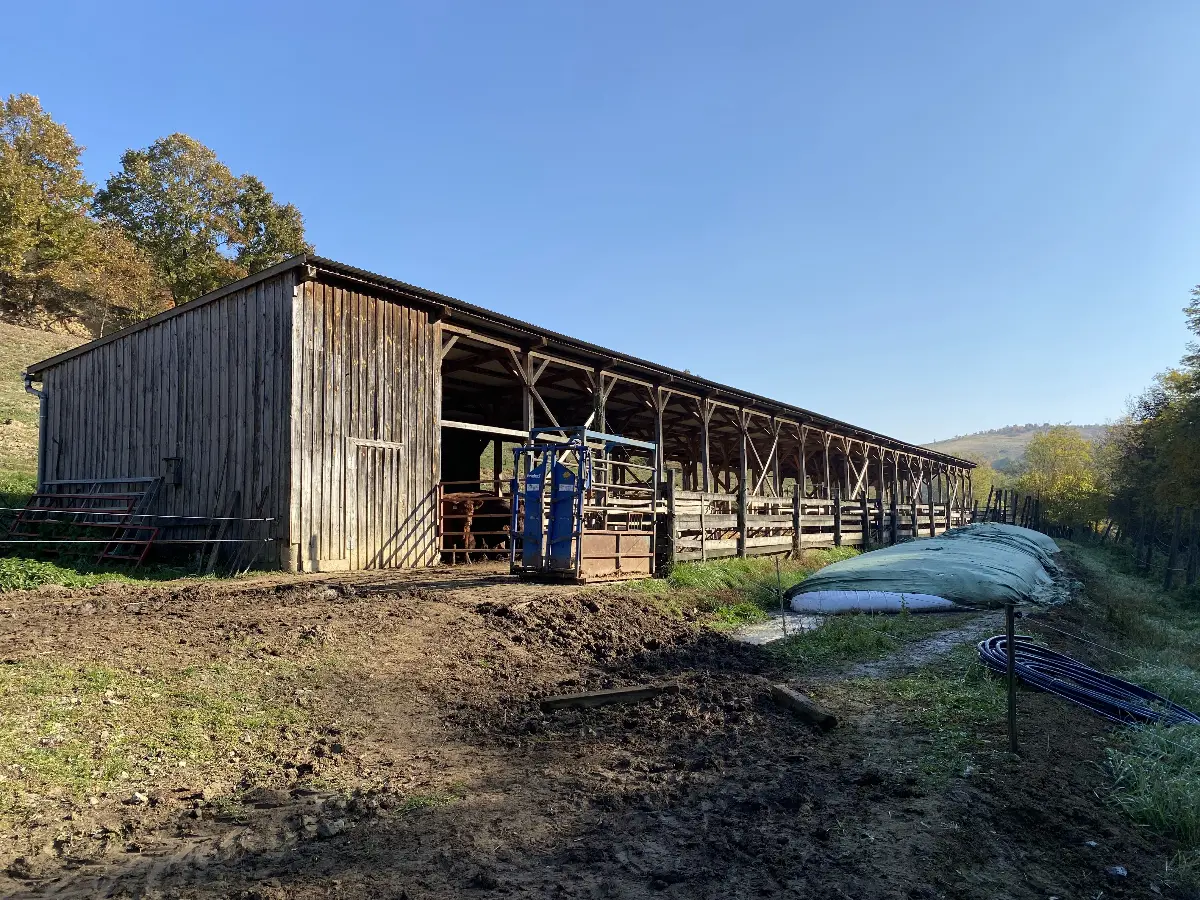
Is it a publicity stunt that in Japan cattle are given beer and massaged with sake as they were in wellness circumstances?
These stories are characterized by obscurity like ballads. They contain something true but most of them are only fairy tales. You have to know that in Japanese small farms, these cattle have an awfully small living space: they are clamped into a few square metres, they can only eat. Massage substitutes daily activity, and beer helps the bowel function in summer hot and increases the appetite of the animal.
Do Hungarian Wagyu cattle also live in this way?
No, they don’t. Japan is a perfectionist nation, they tend to do anything for the perfect result. But it has a cost, in that case the animal who pays it. Maybe it’s a childish way of thinking but I believe if the cattle is happy, its meat will be healthy too. Even if it happens at the expense of marbling. Some years ago a Japanese chef visited the farm who confirmed my hunch. He was clapping on my shoulder and said: “You! You do it wrong! Your cattle are healthy!” But after tasting he was impressed, he loved that it can be done in this way as well. Although the herd is not big, there are more than enough purchasers. It’s a great pride for me that the menu of Nobu includes Wagyu by Zichy but you can also taste our beef in Morzsa in Pécs. As in the beginning, even today the most important for me is value-creation. Not the last thing is that if you produce good raw material, you can eat it a lot of times. My daughters sometimes are bored with wagyu.
